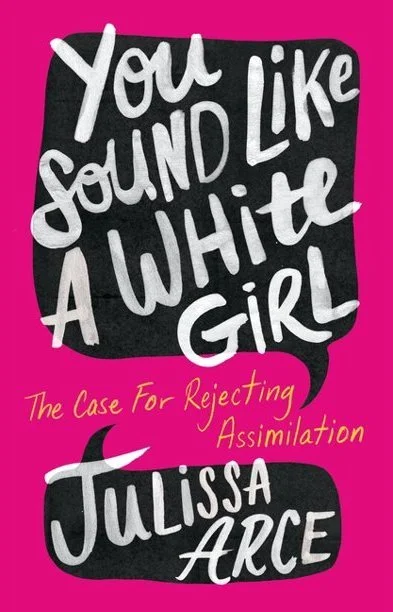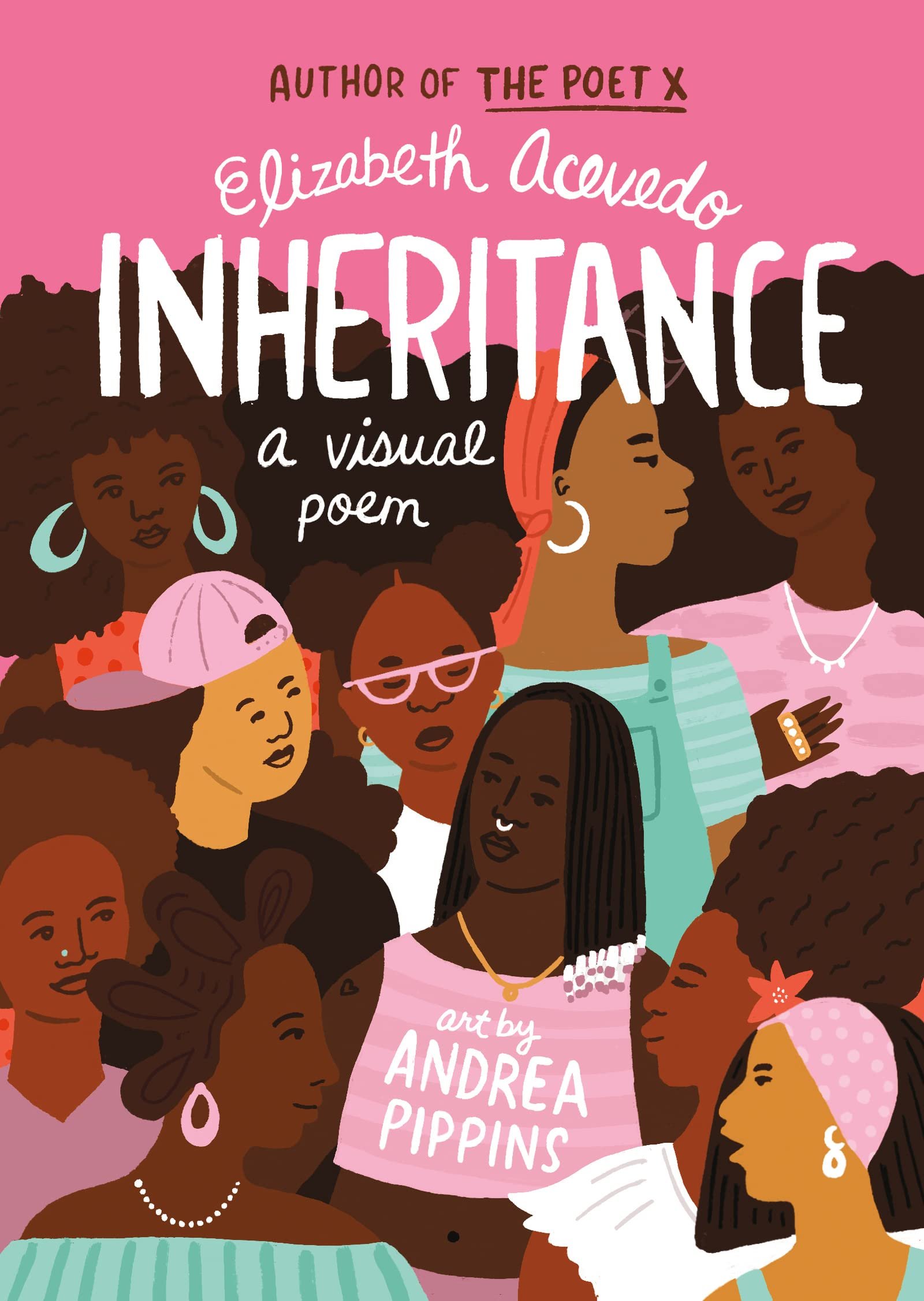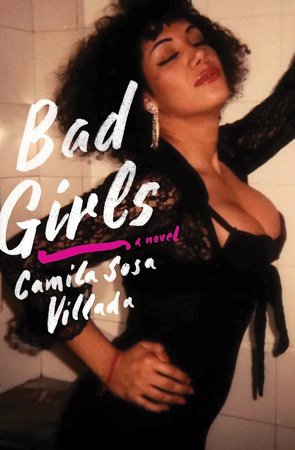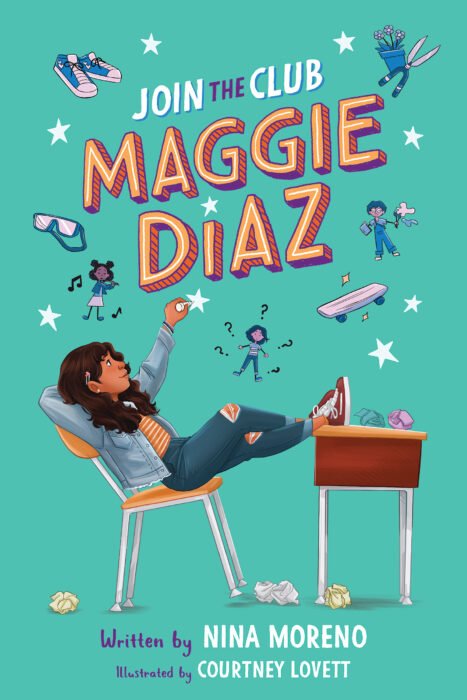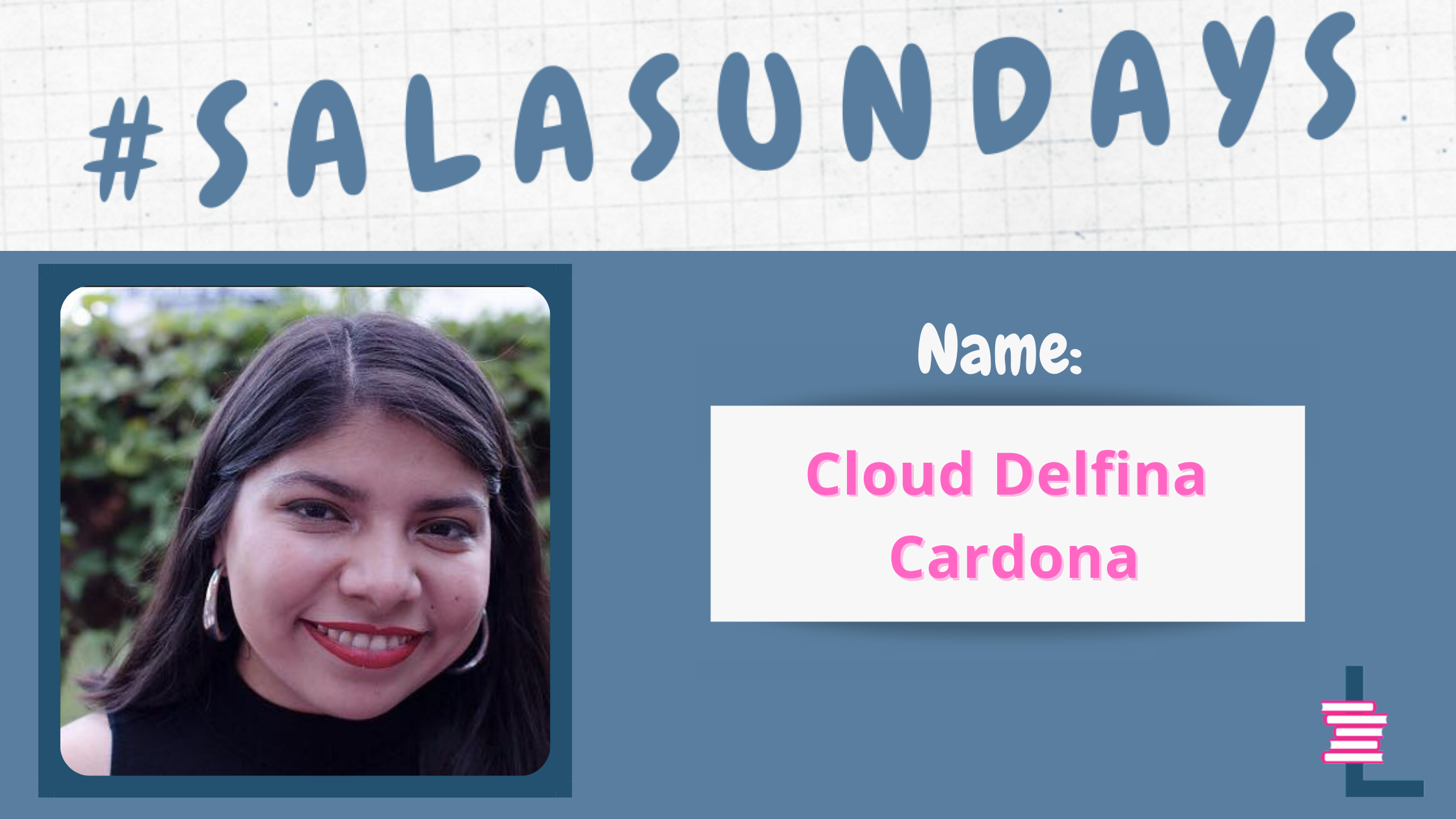You Sound Like A White Girl: The Case For Rejecting Assimilation by Julissa Arce is an empowering, revealing, bold and most importantly, necessary book. It is a perfect book club selection filled with many points of discussion. — In just about 200 pages, the author uses this book to present the case that assimilation is a trap, “a matter of survival,” that is by no means meant for our liberation. It’s a reminder to the reader that Latino history is American history.
As a formerly undocumented immigrant from Mexico, who arrived to San Antonio, Texas, in 1994, Arce uses her life journey and her path to citizenship, to recount historical events. By doing this, she outlines the deep rooted racism in America and how this has shaped the Latino culture.
Arce does a beautiful job of writing history in a digestible and engaging way. It does not only educate but leaves the reader wanting more; our histories have been blurred for far too long. Just in the first few pages, you learn about the Mexican-American War and how that later shaped what is today Texas, California and New Mexico, Segregation cases like Roberto Alvarez v. the Board of Trustees of the Lemon Grove School District, where race and language questioned the identity and the belonging of Mexican-Americans, and how The Great Depression and World War II can also serve as points of reference to the disadvantage, exploitation and mistreatment that overshadow people of color.
Our systems are flawed and Arce believes that the only way to see true change is by imaging and implementing completely new systems, devoid of racist and discriminatory foundations. Once we start seeing true justice with “representation, equality, intersection and freedom” then we can start believing in an America that’s for the people.
I left this book with this notion: Leaning into ideals of “whiteness” will only keep people of color in an ongoing journey to “prove themselves.” Rejecting assimilation is embracing the uniqueness in our heritages; our greatest strength.
“…one of the most painful aspects of assimilation: the loss of our heritage, language, and family” —Julissa Arce, You Sound Like A White Girl
I had the opportunity of asking Julissa Arce a few questions about her book. She discusses the ideas of colonization that are still present today in our communities, the importance of speaking our truth and of course provides us with some great recommended reads.
TG: One of my favorite parts about reading this book was how you intertwined your personal experiences with historical events, in order to give context, further elevate a point and/or for educational purposes. With the vast Latinx history that exists, how did you decide which ones to highlight? And how difficult was it conducting all of the research? You mentioned that many events aren't digitized and are only available through printed records.
JA: The history that I share in the book barely begins to scratch the surface of the history of Latinos in the United States. One of the hardests things to do was to decide what to keep in and what to leave out. Ultimately, it was my personal experiences that informed what historical stories I should include to make a point that the issues that impact our communities have deep roots.
At first, it was challenging to find books that discussed American identity through the lens of Latinos. Oftentimes books only included a paragraph, or a chapter, but then I looked at their notes sections and found source material. It was a journey!
And now I have material for many more books!
TG: You discuss the complexity in Latinidad and how white supremacy has made it so that we are constantly against each other; aspiring and measuring the amounts of whiteness that one can possess, whether physically, materialistically or idealistically. You wrote, "We have to face the fact that a Latino doesn't exist without the violence, rape, and genocide of Indigenous peoples carried out by European colonizers. A Latino doesn't take shape without the brutal history of slavery." How does one start breaking away from this type of thinking that has been passed down for generations; sometimes it being so ingrained in us that we are blinded to it.
JA: It is a long process to unburden ourselves from the ideas of colonization that are very much still alive in our communities. For me, a starting point was learning the history-- that’s why it takes up so much space in the book. To understand, and then breakaway, we have to start at the beginning. It was also helpful to uncover the history behind phrases we hear every day- like “marry someone who is lighter skin para mejorar la raza.” That was a literal way, the only way, people in colonial times could have access to better opportunities. But if colonial times are technically over, why are we still subjecting ourselves to those harmful systems?
It’s a process-- but we have to start somewhere.
TG: You have moments where you talk about confronting a racist or a friend who makes a racist remark. You talk about how hard it feels because we are conditioned to feel uncomfortable for the privileged. What's your advice for situations like this? Many people want to speak up to loved ones, friends, that frustrating neighbor but are unsure of how to; one thing that I am learning is that silence and avoidance gets us nowhere.
JA: Exactly- silence gets us nowhere. So my best advice is short and simple- speak up! It is going to be uncomfortable, you might lose some people, but that’s ok! The more we speak truth, the easier it gets.
TG: The census. I was so happy to see you brought it up. I found your idea of having "Latino" as a race so interesting. What I appreciated the most about this was the fact that you were making it a point to explain that a system that was created can also be altered to better accommodate the needs of the people. How can we organize to make changes to something as important as the census? Though enraged by it, the only reason that I filled it out was because I learned how it helps our communities and neighborhoods to obtain the proper federal funding and representation for our needs, but if every Latino/a/x is putting "other" or "white," we will never truly see the changes that are needed.
JA: Elections matter. I didn’t know this until I finished writing the book. But the 2020 Census was supposed to have a “Latino” race option. And the former President nixxed it, along with adding the citizenship question that was ultimately taken out. But we have to keep pushing our elected officials so that we are more accurately counted. So our issues are more present.
TG:Educating ourselves to break away from assimilation, approval and acceptance from white people; to ultimately "rejecting the notion that success is found in whiteness" is a central theme in YOU SOUND LIKE A WHITE GIRL. Apart from this wonderfully written text, what other books do you recommend?
JA:
A Latinx and African American History of the United States
I am Joaquin
Manifest Destinies & Inventing Latinos
Finding Latinx
A Wicked War
A Ballad of Love and Glory
Olga Dies Dreaming
Citizen Illegal
The Likeability Trap
…… There are so many!!
TG: With all of the great learnings from this book, what is the one thing that you wish for readers to walk away with?
JA: I want them to walk into every room in their gorgeous Brown bodies and know that they deserve to be there. I hope they start conversations with their families and friends and get curious to learn more about our history.
Julissa Arce is a nationally recognized author, sought-after speaker, producer, and social changemaker. She is the best-selling author of My (Underground) American Dream and Someone Like Me. Arce is a Crooked media contributor and a frequent writer for TIME Magazine, and has provided political commentary across numerous TV networks including NBC News, Bloomberg TV, CNN, and MSNBC. She is the cofounder of the Ascend Educational Fund, a college scholarship and mentorship program for immigrant students regardless of their immigration status. She lives in Los Angeles with her family.
Tiffany Gonzalez is the Marketing Manager at Astra House. She previously worked in Production at HarperCollins Publishers. She has worked on the Publicity and Marketing campaign for Dreaming of You by Melissa Lozada-Oliva and on the Marketing campaigns for Becoming Abolitionists by Derecka Purnell, The Sex Lives of African Women by Nana Darkoa Sekiyamah and The Town of Babylon by Alejandro Varela. She has earned her Bachelors and Master's degrees from Rutgers University - NB. She is Dominican-American and fluid in Spanish. You can follow her on Instagram @wandering_tiff_ or visit her website at wanderingtiff.com


